Whispers of the Primeval Forest - Research Project - Royal Academy of Fine Arts Antwerp
2024-2026

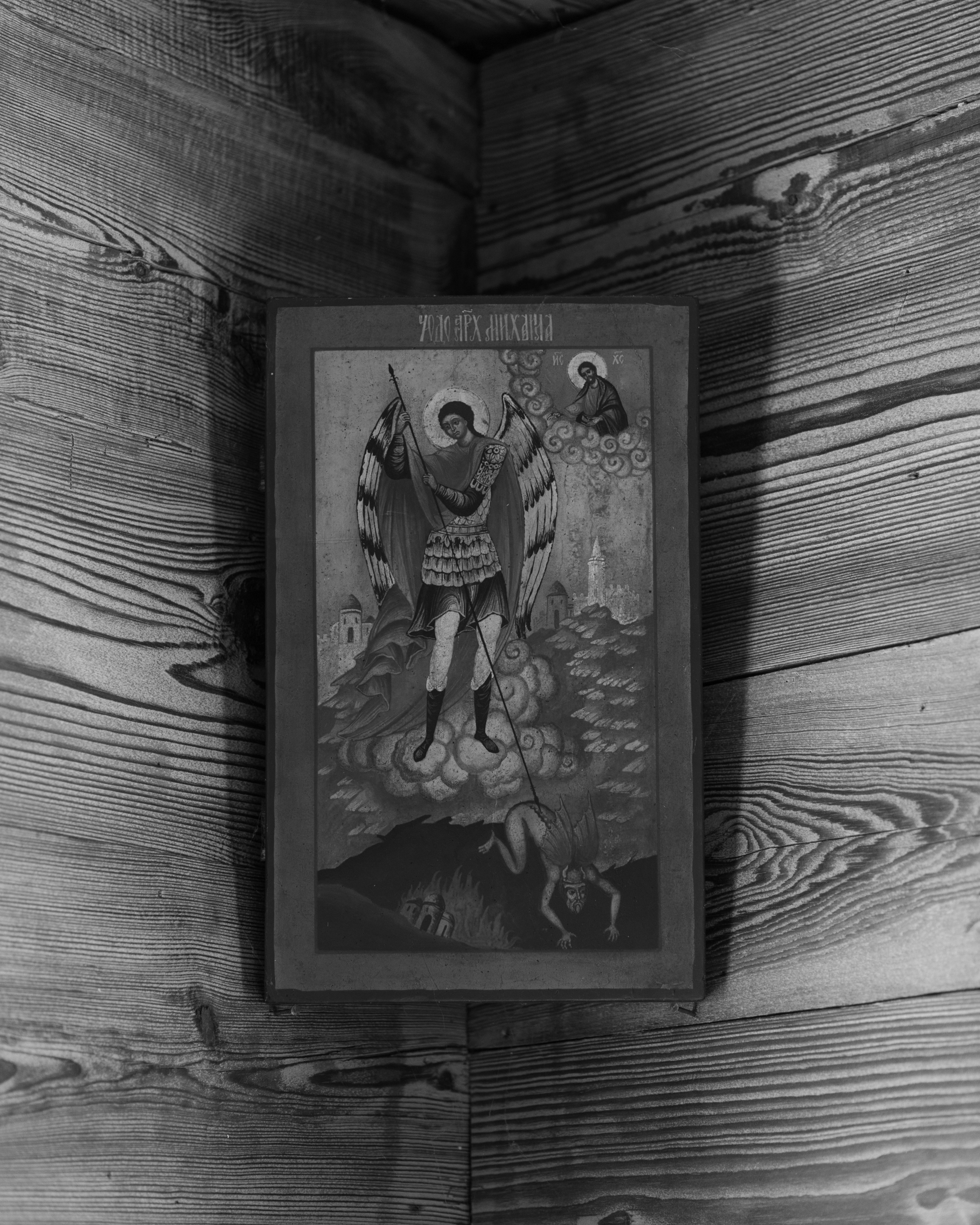


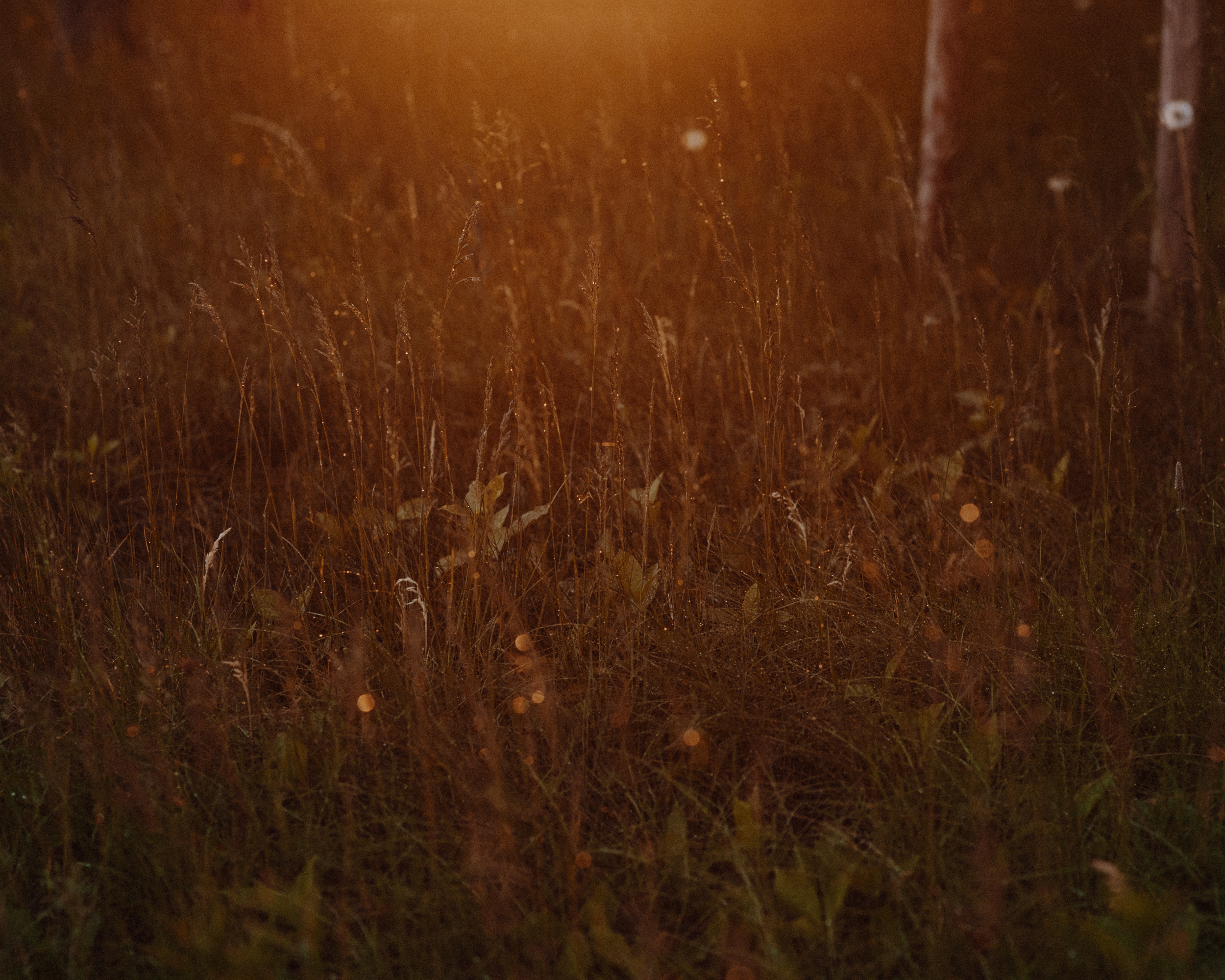
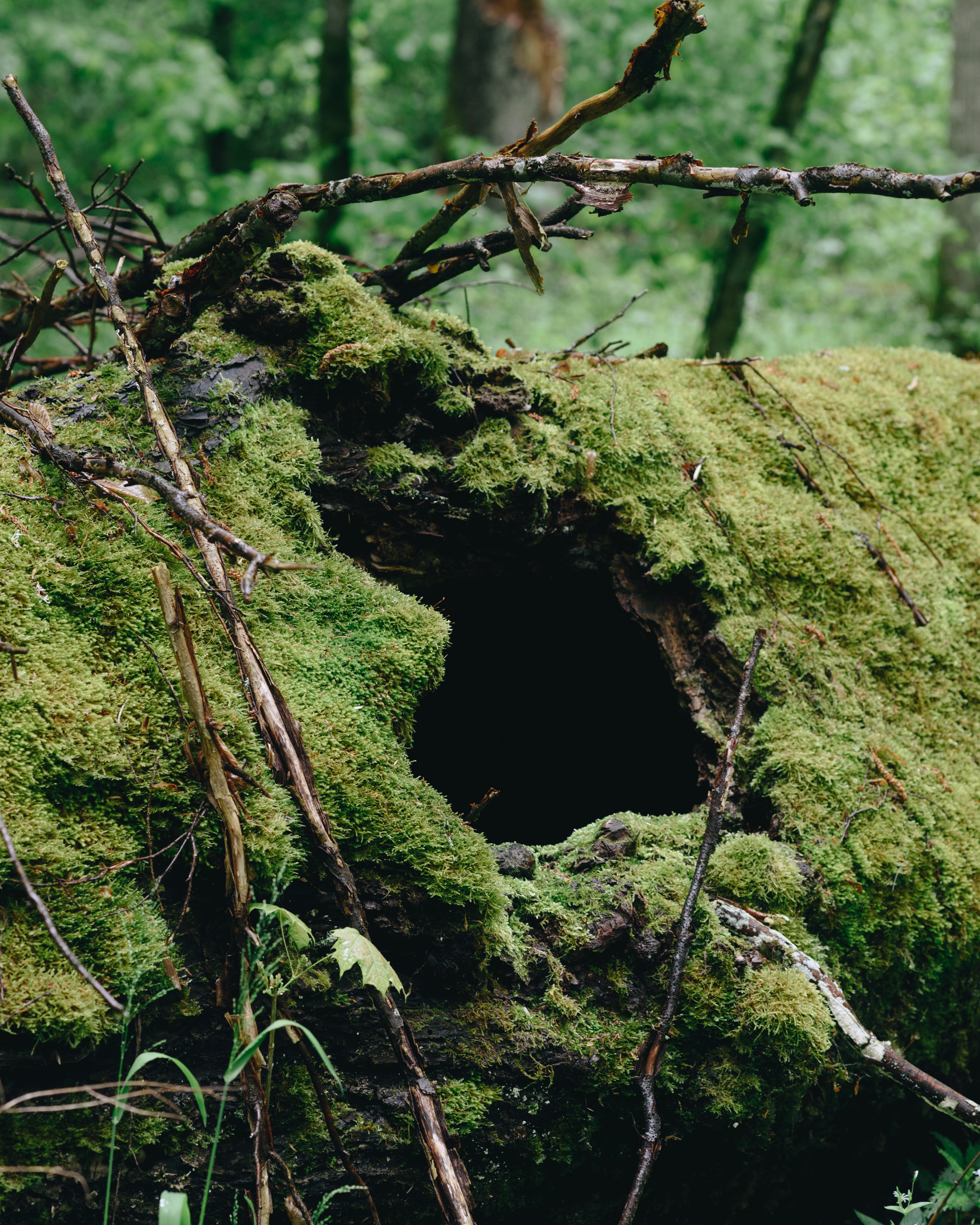
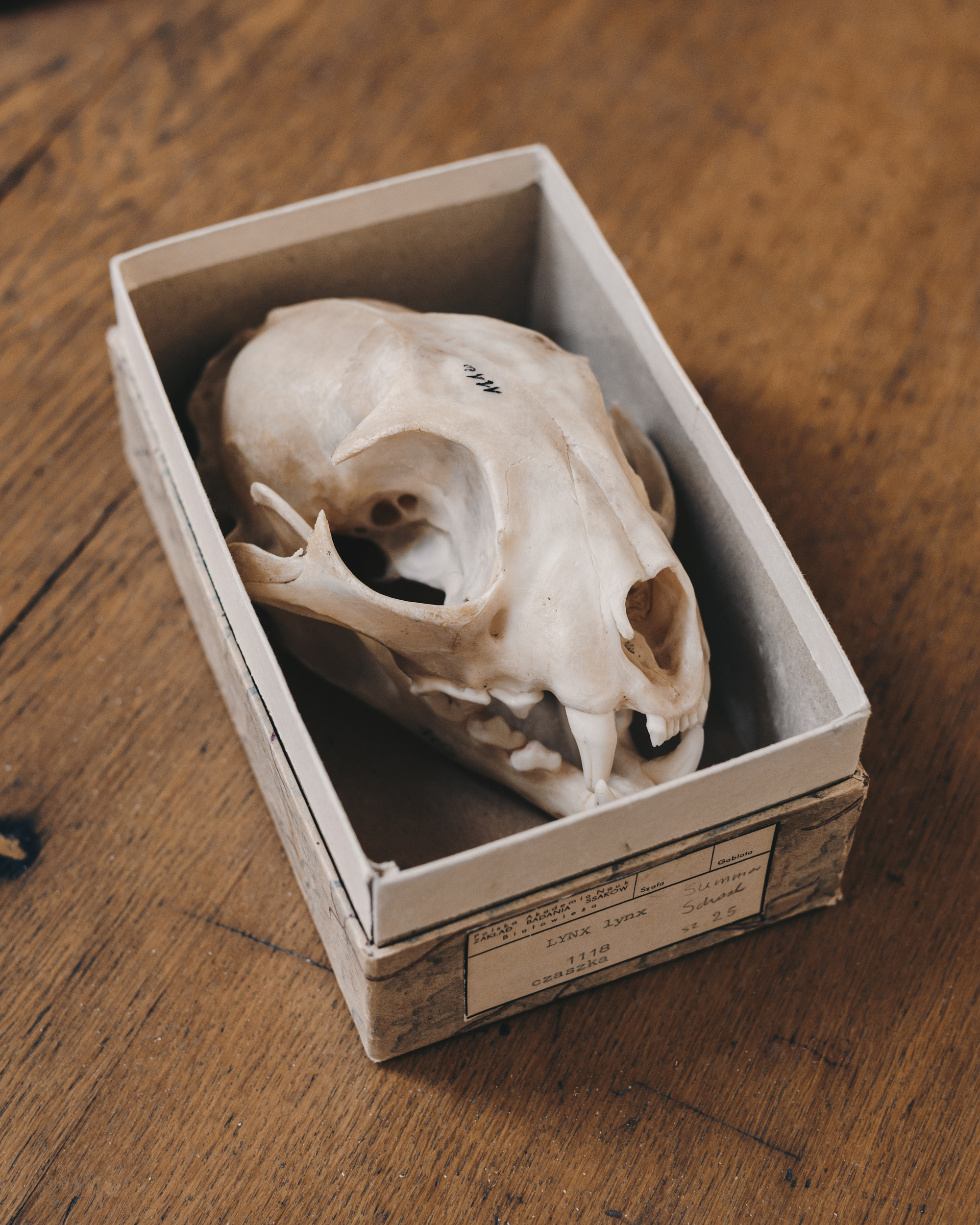
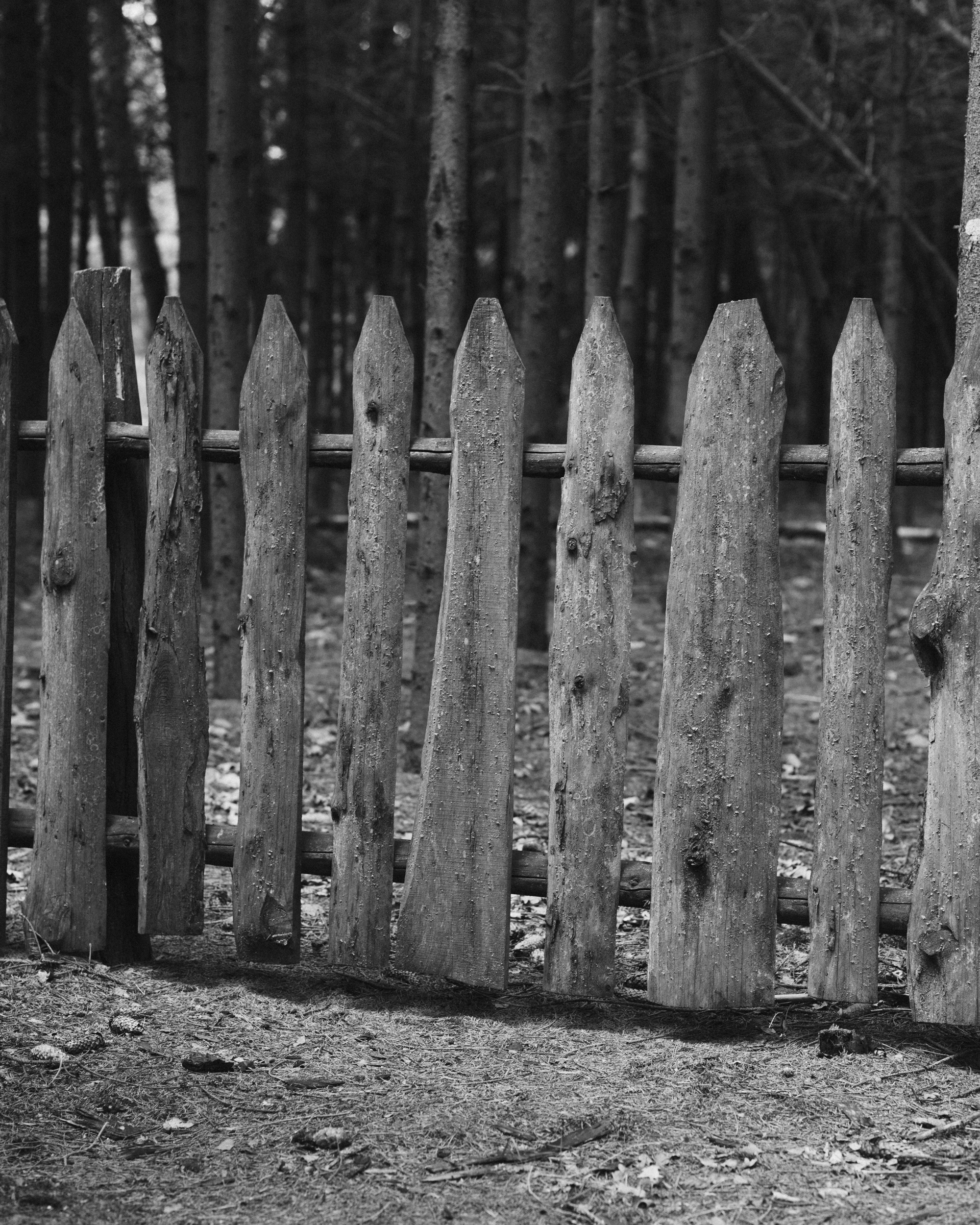


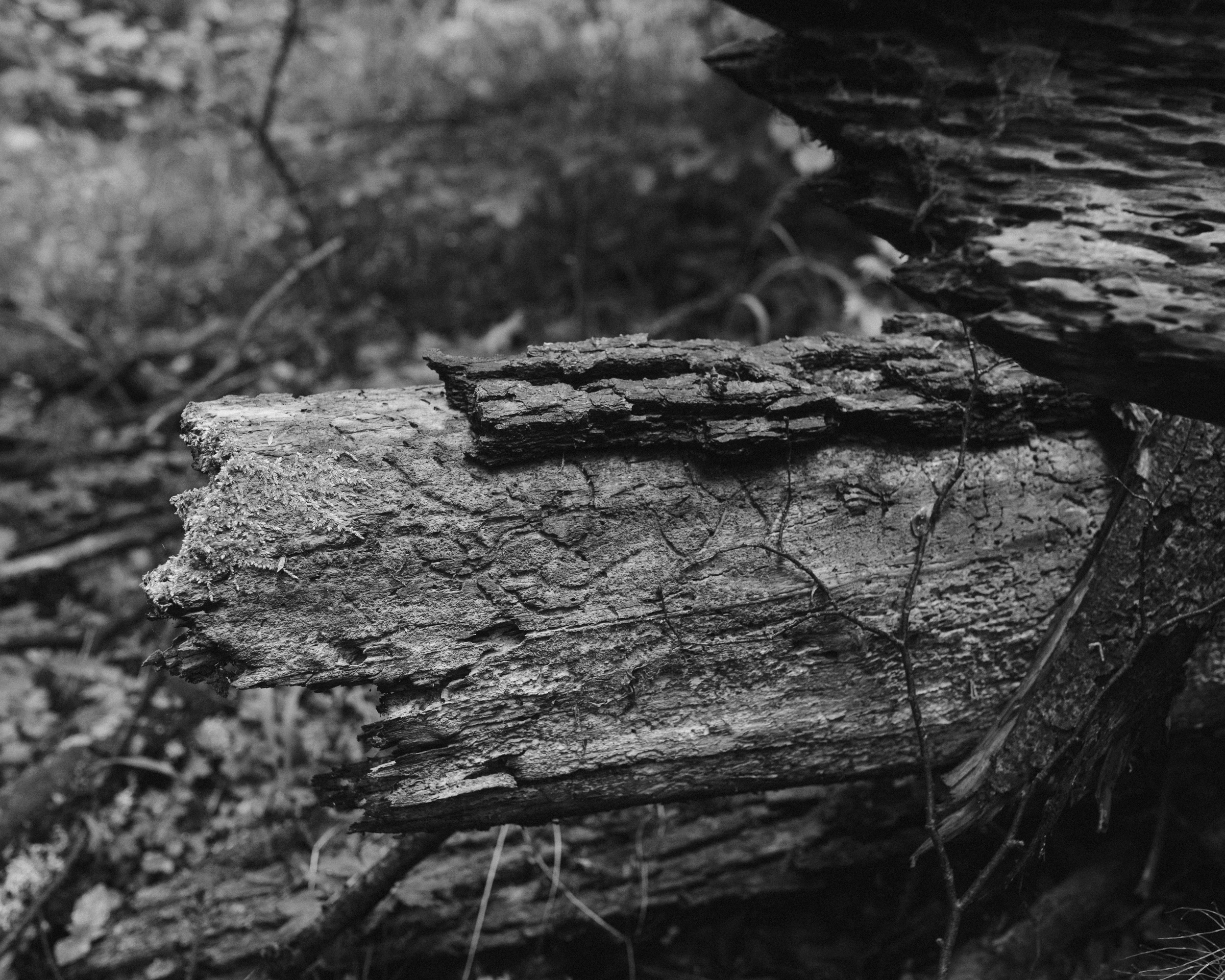
Whispers of the Primeval Forest is a research project by Ligia Popławska, developed within the Art & Ecology research group of the Royal Academy of Fine Arts Antwerp (2024–2026). This project explores the history, present, and speculative futures of the Białowieża Primeval Forest (Puszcza Białowieska), a natural treasure and Europe’s last ancient forest, estimated to be 12,000 years old. Situated on the Polish-Belarusian border, it is a UNESCO World Heritage Site of extraordinary biodiversity, where natural processes are strictly protected. It is home to European bison, lynx, wolves, mushrooms with healing properties, and many rare and endangered species. Since 2021, the Białowieża Forest has found itself at the heart of the migration crisis unfolding along the Poland–Belarus border. To prevent migrant crossings, a 180-kilometer-long, 5-meter-high barrier was constructed, cutting through the forest, fragmenting habitats, and encroaching on the strictly protected zone of Białowieża National Park.
In what way can we narrate stories concerning emerging environmental issues that empower the more-than-human species? What does the Białowieża Primeval Forest whisper? How does it sense and adapt to human-induced changes? What stories, tales and secrets about the Białowieża Primeval Forest resonate within the local inhabitants and “whisperers” (healers)?
The focus of my research is to understand and map the various phenomena currently taking place in the forest, to listen to and reflect on the multiple stories it carries - some thrilling, and some magical. While rooted in scientific facts as points of reference, my research embraces speculation, magical thinking, and mysticism, which are deeply tied to the cultural history of the Podlasie region—where Eastern Orthodox traditions intertwine with Slavic pagan beliefs and rituals. Through a photographic narrative and field sound recordings, I am mapping the diverse phenomena of this primeval forest, interpreting it as a living network of senses. By collecting archival materials, interviewing local scientists and whisperers (healers, witches), drawing on the writings of biologist Simona Kossak, and weaving in threads of Slavic mythology, the project explores and reflects on the hidden mysteries of the Białowieża Forest.
The project is currently being developed in collaboration with scientists from Białowieża Geobotanical Station (University of Warsaw), Białowieża Forest Research Institute and Mammal Research Institute (Polish Academy of Sciences).
Link to Antwerp Research website︎︎︎
Invasive Species - Whispers of the Primeval Forest
Research Project, Royal Academy of Fine Arts Antwerp
2024-2026




Invasive Species is a photographic series that explores the spread of non-native plant species within Puszcza Białowieska (Białowieża Primeval Forest), one of Europe’s last remaining ancient woodlands. These invasive alien plants are a direct consequence of human activity in the forest, inhabiting various areas - including along the newly constructed border fence between Poland and Belarus. Intended to prevent migrant crossings, the 180 meter long and 5 meter high barrier now cuts through the heart of the forest, disrupting biodiversity and encroaching upon the strictly protected zone of Białowieża National Park. Carried by the wind or by humans – clinging to shoes or car tires – these seeds spread rapidly, posing a serious threat to the preservation of the natural character of these areas.
This work is part of Whispers of the Primeval Forest, a research project by Ligia Popławska, developed within the Art & Ecology research group at the Royal Academy of Fine Arts Antwerp (2024-2026). The project investigates the accelerating impact of human intervention and climate change on this unique ecosystem, including historical and cultural context. Invasive Species is currently in development in collaboration with the Geobotanical Station in Białowieża (University of Warsaw) and the University of Antwerp.
Link to website︎︎︎






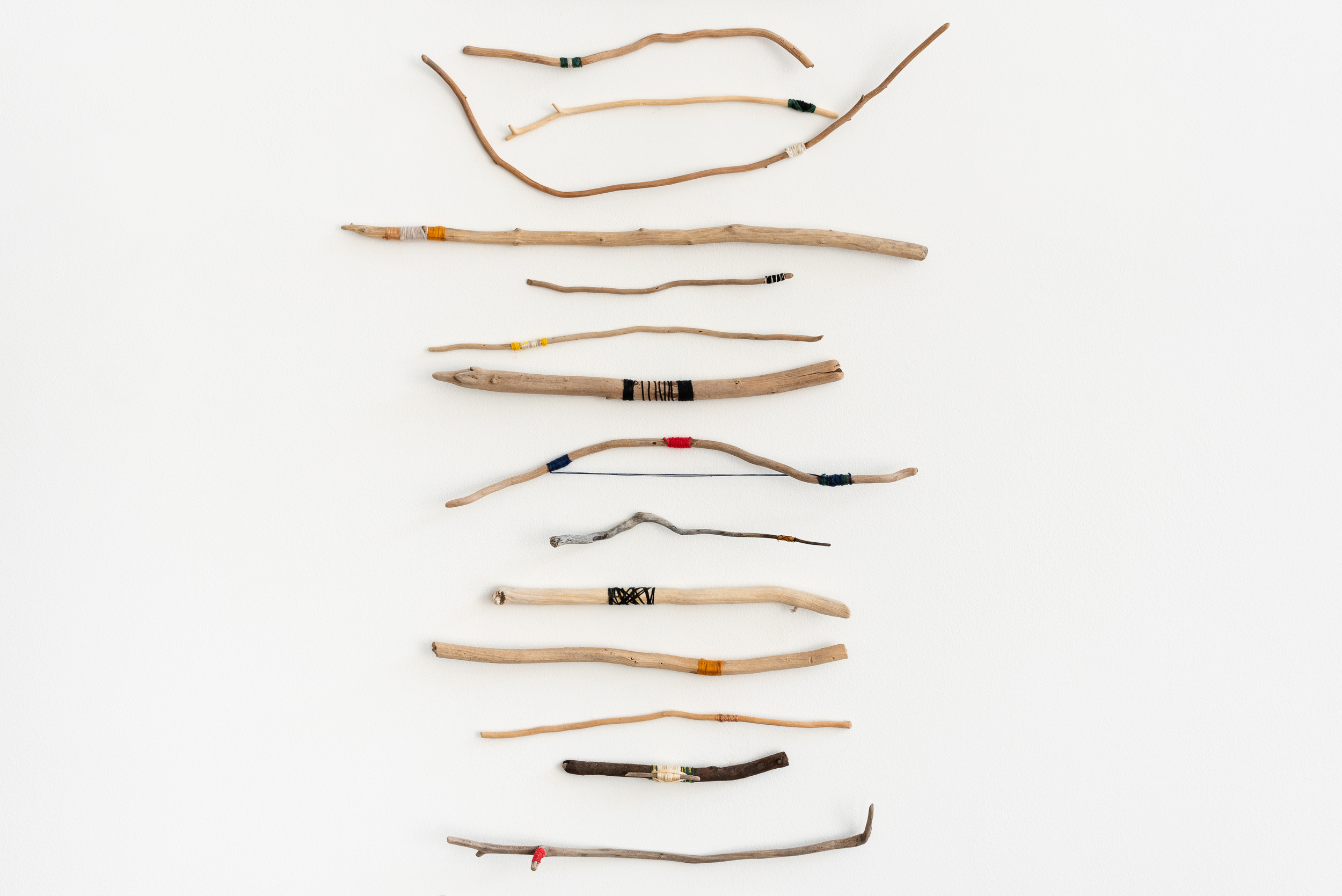



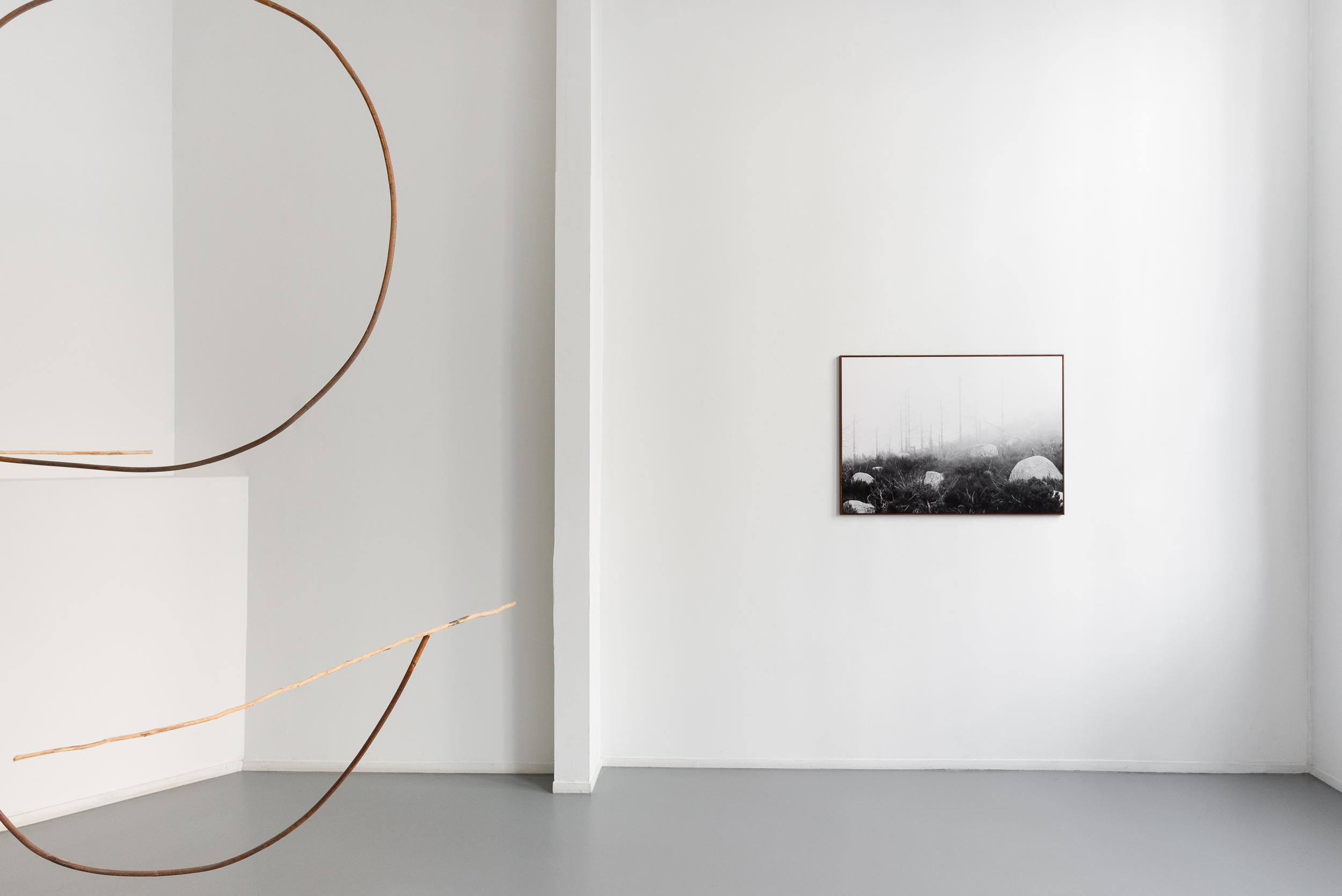
















valerie_traan gallery
RUSTLING EARTH
Ligia Popławska & Babs Decruyenaere
Antwerp, Belgium 09.03 - 13.04.2024
Sensitive Territories
2023


The 'Sensitive Territories' series aims to shed light on the vulnerability of non-human entities such as trees, plants, and stones, which are constantly at risk of disappearing from the Portuguese landscape. Two elements of matter, fire and water, are a recurring threat to Portugal’s precious ecosystems. These elements evoke ancient mythologies, such as the one of Phoenix rising from the ashes, symbolising duality of a destructive force and a new beginning.
Shot in 2023 in the mountain regions that have been affected by recent wildfires, namely Serra da Estrela Natural Park and Serra da Freita, as well as in Pedrógão Grande, this research project focuses on the processes of disappearance, prevention, resistance and rebirth. This body of work is a continuation of the 'Fading Senses' project, which explores the emotions of climate grief and solastalgia, and delves into the impact of climate change on our senses.


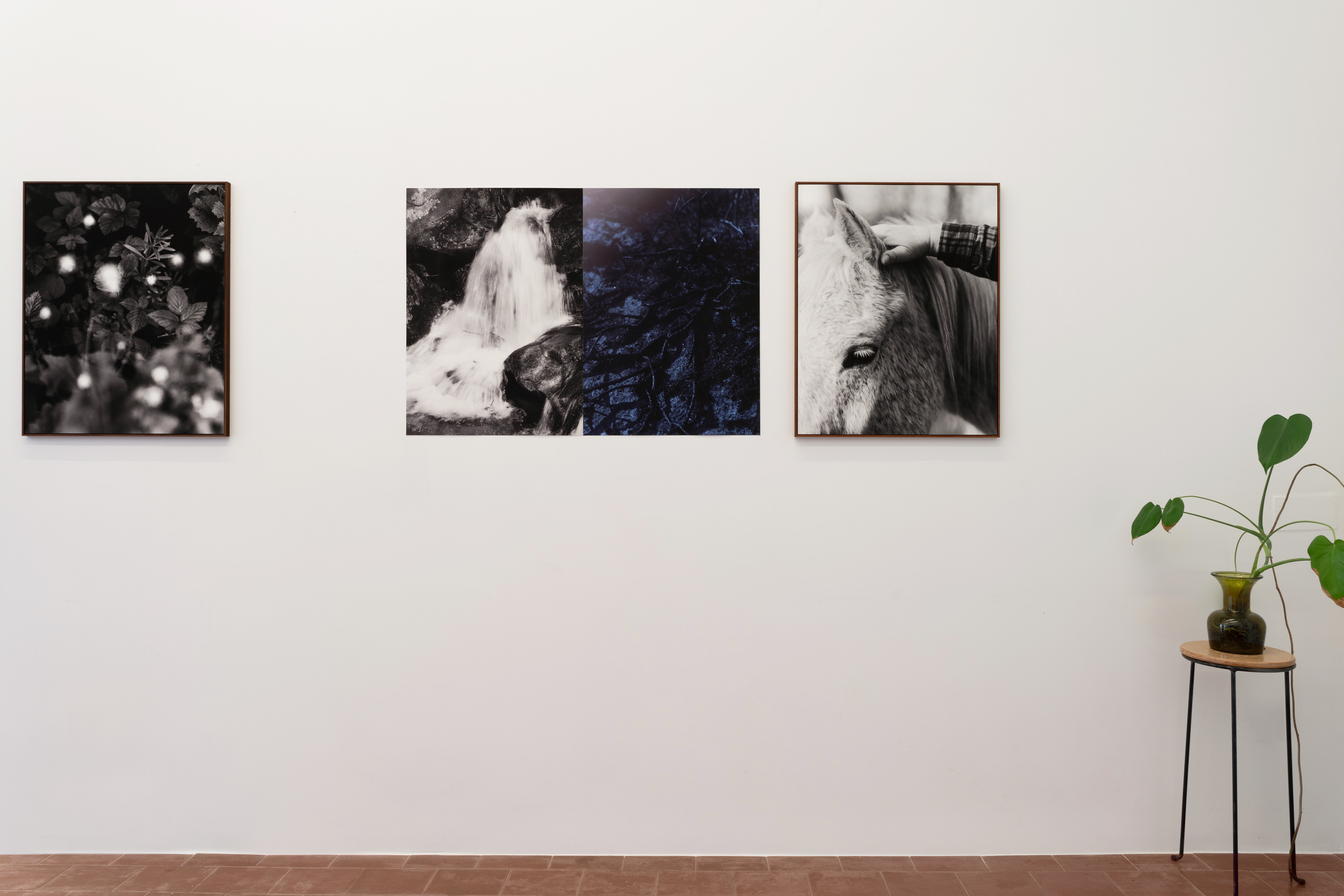



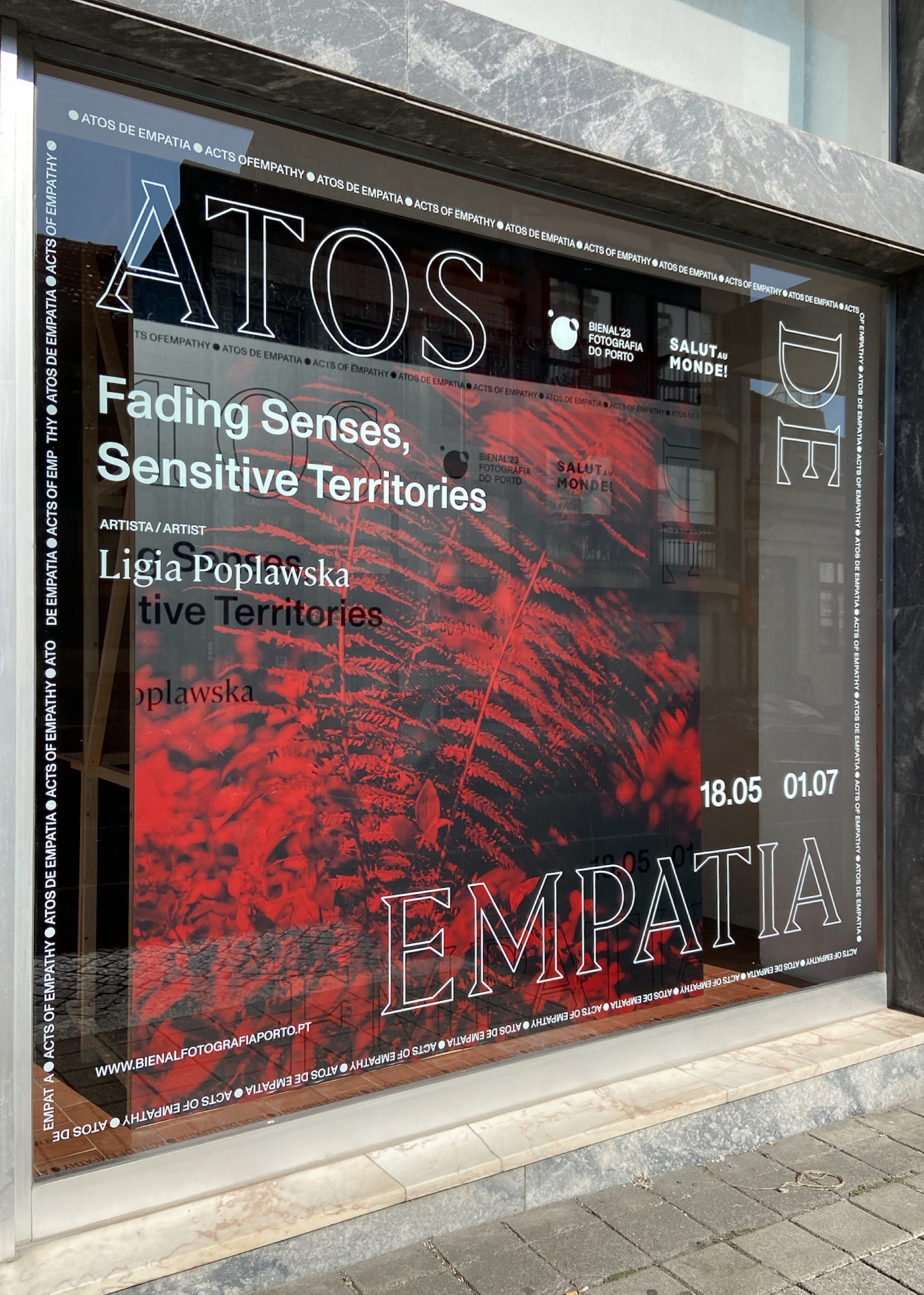
Bienal ’23 Fotografia do Porto
Acts of Empathy - Fading Senses, Sensitive Territories
solo exhibition
curated by Pablo Berástegui Lozano, organised by Ci.Clo Plataforma Fotografia
Salut au Monde! gallery, Porto, Portugal 20.05―01.07.2023
Images © Sergio Lopes